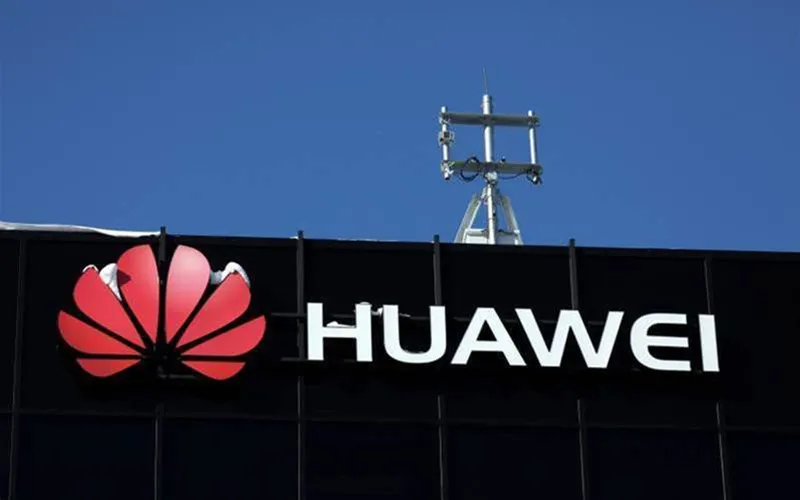Huawei ban: The truth behind "delay rather than risk"
Because Huawei is seen around the world as a prominent Chinese representative, a flagship technology company, any move against Huawei would be at the same time a strike against China.
The United States, Canada and Australia have already done it. And now the United Kingdom. They have all decided to ban Huawei, China's leading high-tech company, from their 5G networks. Telecommunication operators in the UK will not be able to purchase new Huawei 5G equipment from January next year, and will have until 2027 to remove its existing technology from their 5G infrastructure. The costs, meaning losses, are estimated at £2 billion. The deployment of 5G infrastructure faces a possible delay of 2 or 3 years.
| Huawei is banned from joining 5G in a number of countries. |
This ban on Huawei marks a U-turn from the UK government’s position. In January, it allowed Huawei to participate in the country’s 5G infrastructure, but capped at 35% of the non-core equipment of the UK’s 5G network. The Chinese tech giant is excluded from the sensitive part of the network and from sensitive geographic locations, such as nuclear sites and military bases. Officially, the UK government cited national security concerns as reasons for the reversal of its policy towards Huawei. Its approach is obviously to accept delay and loses rather than potential security risks.
It sounds reasonable and understandable to the United Kingdom as well as the United States, Canada, and Australia. But because Huawei is seen around the world as a prominent Chinese representative, a flagship technology company, any move against Huawei would be at the same time a strike against China. This country's international reputation is at stake. Their decision on banning Huawei was made in the context that their relations with China continue to deteriorate on the grounds of the coronavirus pandemic, the World Health Organization, Taiwan, the Chinese regions of Xinjian and Tibet, and finally, but not least, Hong Kong. This quartet has already made many important political adjustments towards China and Hong Kong in order to increase its pressure on China. Their Huawei ban shows their deepening mistrust of China and their clash of interests with China is already so evident and heavy that it is impossible for them to allow Huawei to participate in a security issue as vital as 5G networks in their countries.
In other words, their ties with China are already so bad that they have no choice but to purge the Chinese tech giant, meaning they would resort to all the necessary means to put pressure on this country. It does not look good for ties between them and China in the near future.











